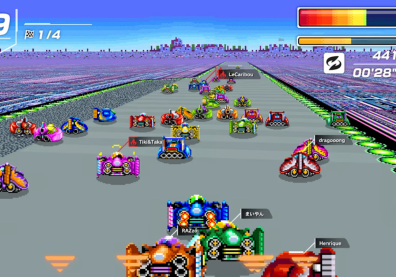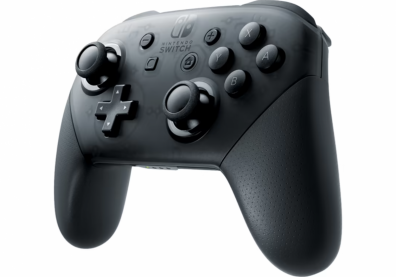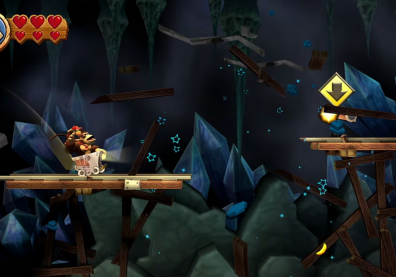Nintendo is probably the only console developer and publisher that's going through a lot of problems in recent times, most of it the result of the low popularity of its current Wii U console, alongside the fact that most third-party developers are not really willing to launch their titles on the console. Now, Nintendo has come out of closet, blaming all the problems on a single cause.
Nintendo president Satoru Iwata has recently spoken on behalf of the company, clearing all the doubts over the Wii U console and stating that the company has sold a sad combined total of 160,000 units in a three-month period, ending June 30. But not due to the price or lack of marketing or competition in the market, but rather, lack of software.
Speaking to CVG recently on the topic, Iwata confirmed his theory that the console's Basic model, which is available for $100 and is cheaper than the Premium model, would not be selling such a low number if only price was the real problem.
"If the price is actually an issue [with Wii U], then there is some contradiction between the current sales balance between the Basic and Premium versions of the Wii U," Iwata said. "The basic version should have sold a lot, but the fact of the matter is that people are buying more of the premium version. So the issue is not there."
Iwata believes that a strong line-up of key title releases for the console is important for the Wii U if it's to gain any kind of momentum in the current market. "I understand that the real issue is the lack of software, and the only solution is to provide the mass-market with a number of quality software titles," he stated.
The new confirmation from Iwata also comes just days after he stated that the company would rather face losses than "provide precious resources" to other platforms. While a number of critics questioned Nintendo's business policies, and as to why the company is going the same route as that of Sega, Iwata stated: "If I was to take responsibility for the company for just the next one or two years, and if I was not concerned about the long-term future of Nintendo at all, it might make sense for us to provide our important franchises for other platforms, and then we might be able to gain some short-term profit."
"However, I'm really responsible for the long-term future of Nintendo as well, so I would never think about providing our precious resources for other platforms at all," he added at that time.










